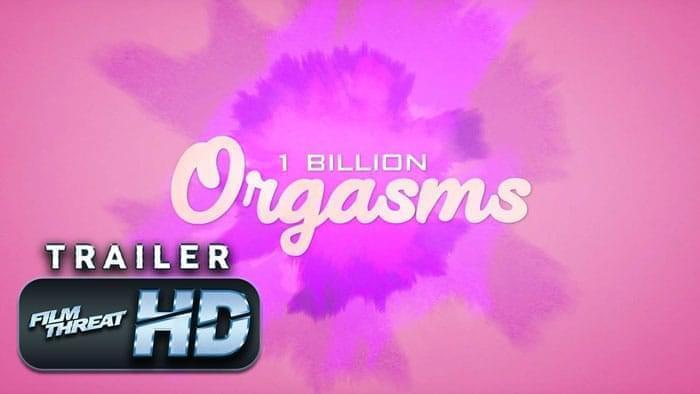
Do yourself a favor: see this movie but do not see it on a good day. It will infuriate you and ruin it. Rather, watch it on a day when everything’s gone wrong and you’re already fit to be tied. Because, however ticked off you might be entering the theater, you’re guaranteed to be a whole lot more bent out of shape leaving it.
The latest from Oscar nominated writer-director Charles (No End In Sight) Ferguson is quite simply a masterpiece of nonfiction movie making. In under two hours he breaks down and explains the combination of factors which led to the financial meltdown of 2008 over the course of the previous two decades. As the title suggests, it’s the story of a heist, of highway robbery on a global scale. Though Inside Job differs from a typical heist film in that, while the bad guys get caught, they also get rich. And a free pass from the legal system.
Names are named but, as one might expect, the most notorious declined to submit to the director’s questioning. The film for this reason consists of a mixture of interviews, archival footage, illuminating graphs, news clips, narration by Matt Damon and out takes from last spring’s Senate cross-examination of Goldman Sachs brass.
The time bomb began ticking, Ferguson explains, during the Reagan years with deregulation of the financial industry. Thousands of Gordon Gekkos were given a green light to get their greed on and that’s exactly what they proceeded to do in ever more draconian and morally bankrupt ways.
We all know where that led: the invention of “derivatives,” banks inflating their stock prices, the sub prime mortgage scam, predatory lending, the practice of banks betting their own customers would default, the bursting of the housing bubble, the crash, the collapse of major Wall Street institutions, the multimillion dollar bonuses executives paid themselves as their businesses crumbled, the bailouts and, in the end, 30 million people worldwide losing their jobs, their homes or both.
Ferguson interviews a succession of power players and proves meticulously prepared. It’s great fun to watch them squirm when they try to evade his questions or get away with an obfuscation or fib. Met with off camera responses like “You can’t be serious” and “That’s just not true,” David McCormick (a Bush administration Treasury Department Under Secretary), for example, does the deer-headlights thing and then entreats the filmmaker to stop rolling. That’s entertainment.
One of the stunning revelations in the film is the incestuous relationship between Wall Street and Washington. What a surprise that early warnings from experts went unheeded when you consider the fact that financial industry heavies are routinely appointed to high office in the Treasury Department and Federal Reserve. What a surprise that promised reforms never materialize. These are the very people who oppose them, along with the industry’s army of lobbyists-five, we’re told, for every member of Congress. What a disappointment that both parties are equally culpable. Lawrence Summers, one of the chief architects of the failed system, for example, served as President Clinton’s Treasury Secretary and was appointed President Obama’s Chief Economic Advisor.
As Inside Job makes maddeningly clear, things aren’t likely to get much better until things start changing on Pennsylvania Avenue. Obama ran on a platform of change, Ferguson reminds us. The moral of the story: It’s time for him to put his money where his mouth is.
Come to think of it, that would be our money.

Great film and what an atrocity the way this whole thing played out. And the sad thing, there hasn’t been any real Wall Street reform from the Obama Administration.